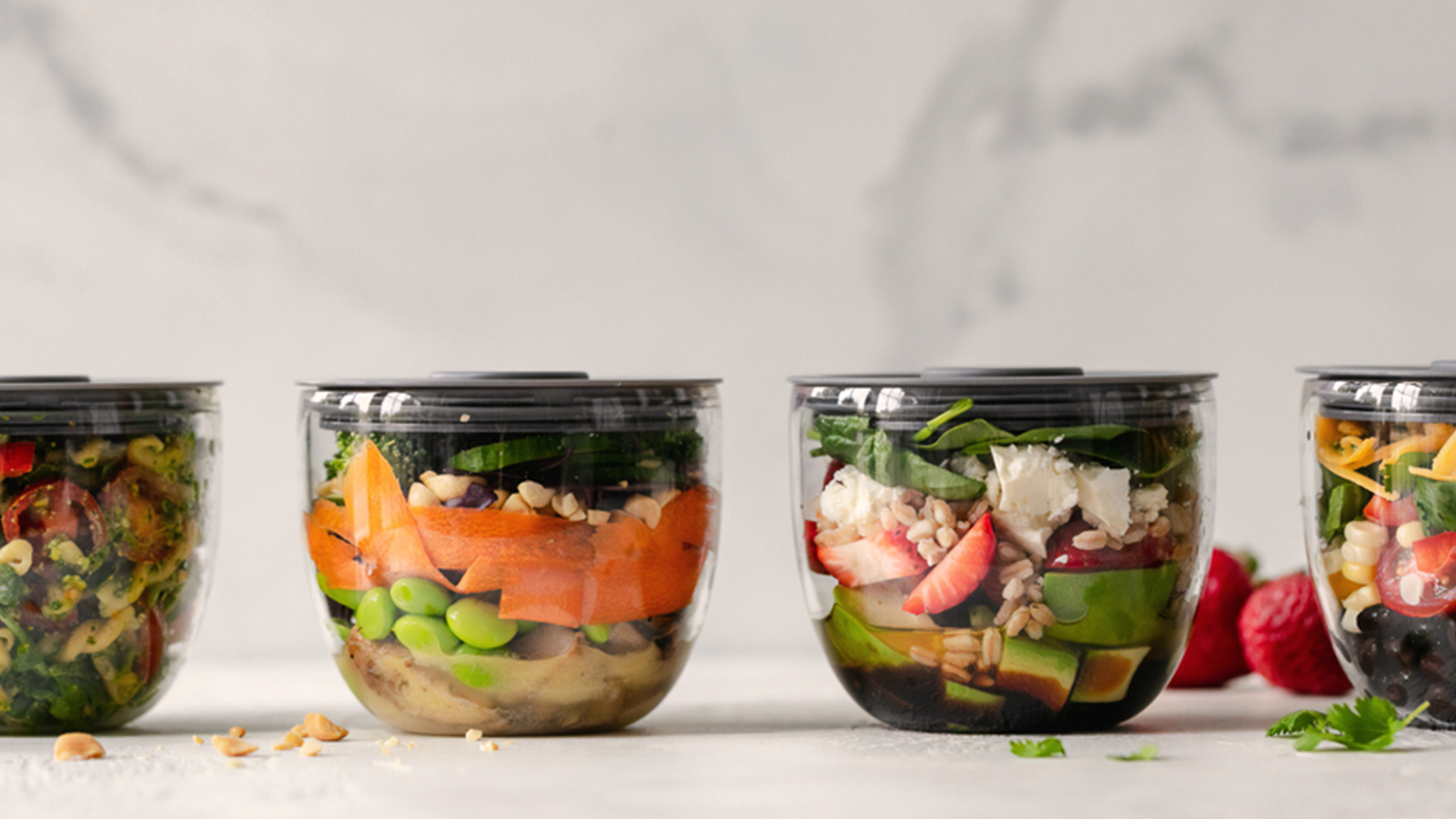Watch Your Plastic Waste
We are drowning in plastic. Plastic makes up 80 percent of all marine debris and over eight million tons of plastic ends up in our oceans each year. This plastic refuse contaminates surface waters as well as causes deep-sea sediment. Marine animals eat plastic and micro-plastics end up in the marine food chain, eventually ending up on your dinner plate. Fish and other marine creatures also get tangled in plastic debris causing severe injury and death. Millions of animals are killed by plastics each year, from fish to birds.
There are currently 5.25 trillion macro and micro-plastics in our oceans and 46,000 pieces of plastic in every square mile of ocean water. Our planet is literally swimming in plastic pollution, and once plastic is in the ocean, it is nearly impossible to get out.
How to Start Reducing Plastic Waste
The convenience of plastic has created a throw-away culture. Such products as single-use plastic bottles, food wrappers and bags can exist in the environment for hundreds of years. The solution is to prevent plastic waste from getting into rivers and oceans in the first place. This can be accomplished with improved waste management and recycling as well as through products that include disposable packaging that is biodegradable. One of the big challenges is to reduce the amount of single-use plastics. That comes down to you and me.
Which brings us to this GreenCars Guide to simple tricks you can use to reduce plastic waste. Small changes we all can make can have a very positive impact on our environment.

Bring Your Own Bag
Did you know that over a trillion plastic shopping bags are used around the world each year? Policies are currently being enacted to curb the use of plastic bags in many cities and states. Bringing your own cloth bags or canvas shopping totes for groceries is a great way to reduce the use of plastic bags. You can also bring your own bags for produce such as fruits and vegetables.

No More Plastic Water Bottles
Single-use plastic water bottles are one of the biggest contributors to plastic waste. Keep a refillable stainless-steel bottle handy for water. Disposable coffee cups are made from polyethylene plastic resin or polystyrene foam, so bring your own thermos for coffee to-go.

When Possible, Use Cardboard and Glass
Today, so many products are packaged in plastic at the grocery store. Whenever possible, choose food products that are packed in a cardboard box or a glass jar or glass bottle rather than a plastic bag or bottle. At least paper biodegrades over time, and you can check for companies that source their paper in a sustainable way. Think of all the items that come available in both plastic and paper. You can buy detergent in a box rather than a plastic bottle. You can get pasta or rice in a box instead of a plastic bag. Look for products in glass jars and bottles to reduce your use of plastic bottles.

Lose the Straw
No matter if you are enjoying a drink in a bar, restaurant or at home, don’t use plastic straws. Many restaurants and bars have converted to paper straws. The best idea to it purchase a metal straw and reuse it when you feel the need to sip.

Pack Lunch in Glass Containers
Get rid of Ziploc plastic baggies in favor of glass containers with lids for your lunch at work. Here’s an oldie but a goodie. Remember metal lunch boxes? They still make them, or you can get a used classic edition. While you’re at it, bring metal utensils from home and get rid of plastic spoons, forks and knives.

No Micro-Plastic Facewash
A lot of the plastics that are causing severe damage to marine life appear in the form of micro-plastics. These are tiny pieces of plastic that are impossible to filter out and they come in many forms. Micro-plastic can come from larger pieces of plastic that break apart and becomes smaller and smaller bits of insidious plastic that fish ingest. The other form of micro-plastic are tiny plastic beads that are used in such personal hygiene products as toothpaste and facewash. The beads in facewash and facial scrubs are supposed to help exfoliate your skin. Before buying such products, check the labels for the ingredients polypropylene or polyethylene. If a product has those ingredients, don’t buy them. There are plenty of biodegradable alternatives that you can use that work great and don’t end up in our marine life.

No Plastic Razors
Consider switching to razors for shaving that use replaceable blades instead of throwing a plastic razor away every month. You could also try an electric razor.

Use Cloth Diapers
Babies use up a lot of diapers and disposable diapers use plastic. Cloth diapers are reusable and are softer and more comfortable for the baby. Plus, cloth diapers don’t contain chemicals that can irritate the infant’s skin.

Look Inside Your Pantry
A great deal of plastic waste originates in the kitchen. Really check out how much plastic you use in the form of plastic wrap, plastic storage containers and plastic baggies. Instead of sandwich bags, why not use wax paper to wrap your sandwich, or use a glass jar to store soup. Instead of throwing away plastic zip bags or plastic wrap, use glass jars in the fridge for leftovers. When shopping, you can also bring your own containers and buy in bulk.

Shop at Your Farmer’s Market
Chain stores package everything in plastic. Shop at your local farmer’s market to get great fresh produce without plastic. Plus, you’ll be helping local farmers to survive. Besides amazing fruits and vegetables, farmer’s markets often abound with local jellies and jams, fresh bread in paper bags, eggs, dairy products and more, all without plastic containers.

Bring Your Own Food Containers
Request take-out places to use your own containers rather than their disposable ones. The same goes when you have a doggie bag from a restaurant. Stainless steel containers sold at camping supply stores are great for this.

Alternative Cleaning Products
Vinegar and water makes a terrific cleaning agent instead of chemical laden plastic spray bottles. Baking soda makes a wonderful scouring powder. Powdered dishwasher soap comes in a cardboard box as does Borax and washing soda to wash your clothes.

More Simple Tricks
Remember that there was a time when no plastic existed and human beings found plenty of ways to purchase and store items without the use of plastic. If you would like to discover more simple tricks to reduce plastic waste, read the book Plastic-Free: How I Kicked the Plastic Habit and How You Can Too, for a complete guide to living a life with less plastic.
You can also find more creative ways to reduce your carbon footprint and live a more eco-friendly, sustainable lifestyle right here on GreenCars.











